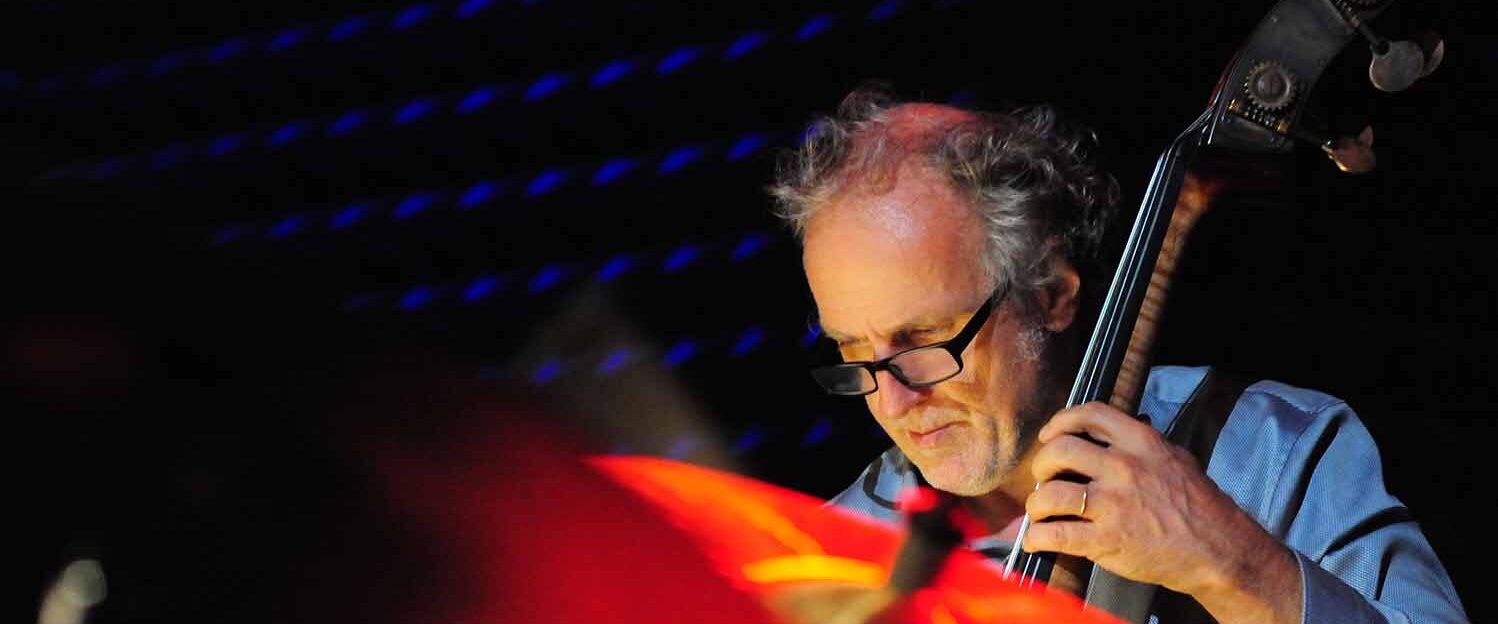 When France prepares to announce its next prime minister, the news cycle predictably accelerates. Commentators speculate, media outlets jostle for insider hints, and political operatives maneuver in the background. Yet for much of the French public, the appointment no longer carries significance. The role is widely perceived as ceremonial, its occupant tasked with implementing policies already scripted by the Élysée. In a country fatigued by economic stagnation, inflation, and social division, the naming of a new head of government has become less a moment of anticipation than a reminder of a deeper political malaise.
When France prepares to announce its next prime minister, the news cycle predictably accelerates. Commentators speculate, media outlets jostle for insider hints, and political operatives maneuver in the background. Yet for much of the French public, the appointment no longer carries significance. The role is widely perceived as ceremonial, its occupant tasked with implementing policies already scripted by the Élysée. In a country fatigued by economic stagnation, inflation, and social division, the naming of a new head of government has become less a moment of anticipation than a reminder of a deeper political malaise.
A Structural, Not Personal, Crisis
The problem does not reside in the personalities under consideration for Matignon, but in the structure of French governance itself. Since the Fifth Republic centralized authority in the presidency, prime ministers have often operated as administrators rather than innovators. Under Emmanuel Macron, this trend has hardened. His governing style leaves little room for dissent or independent initiative, meaning any incoming premier will be perceived as an executor of presidential will rather than as a policymaker in their own right.
This perception matters. For a society already convinced that democratic participation yields little tangible change, another reshuffling at the top of government reinforces the idea of politics as choreography rather than as choice.
Macron’s Democratic Deficit
The broader issue is Macron’s approach to democracy. Critics charge that his presidency has been defined less by dialogue than by enforcement. From the mass protests of the Yellow Vests to demonstrations against pension reform, successive crises have been met with heavy police presence and, at times, violent clashes. The proliferation of online guides teaching citizens how to endure police encounters without injury is emblematic of the erosion of trust between state and society.
In this environment, civic disillusion takes new forms. Protest no longer manifests only in the streets but in subtler, individualized acts, such as boycotting electronic payments or withdrawing from electoral participation altogether. The political system, rather than channeling discontent, appears only to deepen it.
The Legacy of Broken Promises
This alienation has roots beyond the Macron era. The rejection of the Maastricht Treaty in 1992, followed by the circumvention of the popular vote through the Lisbon Treaty in 2007, created the impression, now entrenched, that referenda and elections do not meaningfully constrain elite decision-making. The consequence has been the steady erosion of confidence in institutions.
France’s major parties, once central to the Republic’s political identity, have suffered accordingly. Both the center-right and the Socialist Party are diminished, overshadowed by corruption scandals and perceptions of opportunism. Macron’s promise to transcend the old party system initially resonated, but his own record has reinforced the same narrative of distance between rulers and ruled.
An Economy Under Strain
The economic dimension compounds the political crisis. Inflation, once considered transitory, has persisted, eroding purchasing power. Structural reforms, from labor law adjustments to pension restructuring, have been sold as modernizing necessities but are widely viewed as measures that increase precarity rather than security. The effects of international trade disputes, such as tariffs imposed by the United States, have only amplified domestic pressures, undermining entire sectors beyond the symbolic case of wine.
In this climate, the appointment of another technocratic prime minister appears disconnected from the lived experience of citizens struggling with rising costs and diminishing prospects.
Fragmented Politics, Unstable Future
The French political system now rests on three roughly equal blocs: Macron’s centrist coalition, the far right, and the left-wing alliance. None commands a majority. The result is a fragile equilibrium where governing requires negotiation, but where compromise is structurally discouraged by the president’s centralized style. Any prime minister must navigate this impasse, with little prospect of long-term survival.
Even the hypothetical resignation of Macron would not resolve the deadlock. The fragmentation runs too deep, reflecting not just partisan rivalry but divergent cultural and regional visions of France’s future. The idea of a cohesive national consensus, once central to French republican identity, appears increasingly elusive.
Toward a Post-Macron France
The question, then, is less who becomes prime minister than what kind of France will emerge from the Macron presidency. After nearly eight years, the country is left with widening economic inequality, enduring social anger, and declining faith in institutions. Macron’s legacy may not be the policies he implemented but the divisions he leaves behind.
The risk is of a France where political disillusion hardens into permanent fracture, where regions explore autonomy, where citizens disengage from democratic participation, and where the very idea of shared political life is eroded. Whether the Republic adapts through federalization, institutional reform, or further centralization remains uncertain.
What is certain is that the announcement of the next prime minister will not alter these trajectories. It is, at most, a passing headline in a longer narrative of systemic crisis. For most French citizens, the non-event speaks louder than the appointment itself: a silent confirmation that the country’s challenges lie deeper than the name on the door of Matignon.
Thierry De Clemensat
Editor in chief – Bayou Blue Radio

